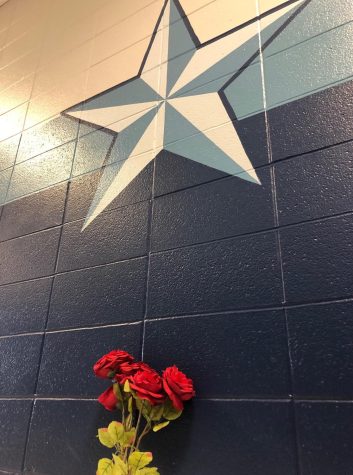The Problem With College Board

College Board changed the deadline for AP registration for the 2019-2020 school year. This year, the deadline is November 1, 2019. And it makes no sense.
College Board’s justification for moving the deadline were studies that showed that students that enrolled in the fall did better on the exams. The logical solution? Move the date back so that everyone enrolls in the fall.
This is a terrible reading of statistics, because it assumes the reason for the students performing better is that they’re aware of the exam earlier and have more time to prepare. But, typically, students who enroll in an AP class in the first place intend to take the exam anyway. They’re already aware of the exam because they enrolled in the class. The significantly more likely reason for their better performance is that the students with the foresight to apply early are just generally better at preparing and therefore, perform better on the exam. Changing the deadline is a solution that misreads the cause and effect of the trend.
Though, it makes sense that College Board is doing this. College Board’s status as a “non-profit” has always been in doubt. A single AP exam costs $94. According to College Board, a total of 1.24 million students took one or more AP exams. Each student took an average of three exams. 30.8% of these students used a fee reduction, which results in a fee of $53. So, the revenue of all of this comes to approximately $350 million. And this only factors in the money pulled in from the AP exam.
Given that a significant number of students will miss the much-too-early November 1 deadline, they’ll be forced to pay an extra $40 for registering. This extra $40, multiplied by the number of students who will miss this deadline, which could very well be in the hundreds of thousands, could add up to a couple of million dollars.
But, College Board can’t be expected to improve. As a corporation, they’re policy is to make money. But a possible solution could be to create new non-profits. As a corporation, they’re virtually uncontested. They’re a monopoly. When Common App began to price gouge colleges, colleges made a new application system. It’s called Coalition and more than five hundred thousand people use it every year. A similar rival to College Board could force them to improve their methods.
Corrections made: a previous version of this article underreported the revenue that College Board receieves in AP exams.

Hi, my name is Chirag Mangnaik. I’m a senior at Clements High School and I’m Secretary of Filmmaker’s Club and Vice President of Creative Writing...



